Selecting the right sunscreen for acne prone skin is crucial for maintaining clear, protected skin. While sun protection is essential, many individuals worry that sunscreen might exacerbate their acne. This guide will help you navigate the world of sunscreens and identify the best options for acne-prone skin.
Key Ingredients to Look For:
1) Zinc Oxide and Titanium Dioxide: These mineral-based ingredients offer broad-spectrum protection without clogging pores. They sit on top of the skin rather than being absorbed, making them ideal for sensitive, acne-prone skin.
2) Niacinamide: This form of vitamin B3 helps regulate oil production and has anti-inflammatory properties, benefiting acne-prone skin while providing sun protection. It's a key ingredient in sunscreen for acne prone skin due to its gentle nature and effectiveness.
3) Salicylic Acid: Some sunscreens incorporate this beta-hydroxy acid, which can help unclog pores and prevent breakouts while protecting your skin from UV rays. Including salicylic acid in sunscreen for acne prone skin helps in keeping the skin clear and free from blemishes.
4) Silica: This ingredient absorbs excess oil, helping to maintain a matte finish throughout the day.
5) Hyaluronic Acid: Provides lightweight hydration without adding excess oil to the skin, keeping it balanced and protected. For those seeking a sunscreen for acne prone skin, hyaluronic acid ensures that moisture is retained without causing further breakouts.Besides these, do not forget to check out the salicylic acid moisturizer for oily skin.
What to Avoid:
1) Heavy Oils Look for oil-free or non-comedogenic formulas to minimize the risk of clogged pores.
2) Fragrances and Essential Oils These can irritate sensitive skin and potentially trigger breakouts.
3) Alcohol-Based Formulas While they may feel lightweight, they can dry out your skin, potentially leading to increased oil production.
Tips for Choosing Sunscreen for Acne Prone Skin:
1) Opt for Lightweight Textures: Gel or liquid formulas tend to be less pore-clogging than thick creams.
2) Consider Your Skin Type: If you have oily skin, look for mattifying sunscreens. For combination or dry acne-prone skin, choose hydrating but non-comedogenic options.
3) Check the SPF: Choose a broad-spectrum sunscreen with at least SPF 30 for adequate protection.
4) Patch Test: Before applying a new sunscreen to your face, test it on a small area to ensure it doesn't cause irritation or breakouts.
5) Look for "Non-Comedogenic" Labels: While not a guarantee, this label indicates that the product is less likely to clog pores.
Remember, consistent use of sunscreen is crucial for protecting your skin from premature aging and skin cancer. With the right product, you can keep your acne-prone skin safe from sun damage without worsening breakouts.
To ensure optimal protection and care, consider looking for the Sunscreen for Oily Skin Dermatologist Recommended. These products are specifically formulated to prevent excess oil while providing effective sun protection.
By focusing on these key ingredients and tips, you can find a sunscreen that not only protects your acne-prone skin but may even help improve its overall health and appearance.


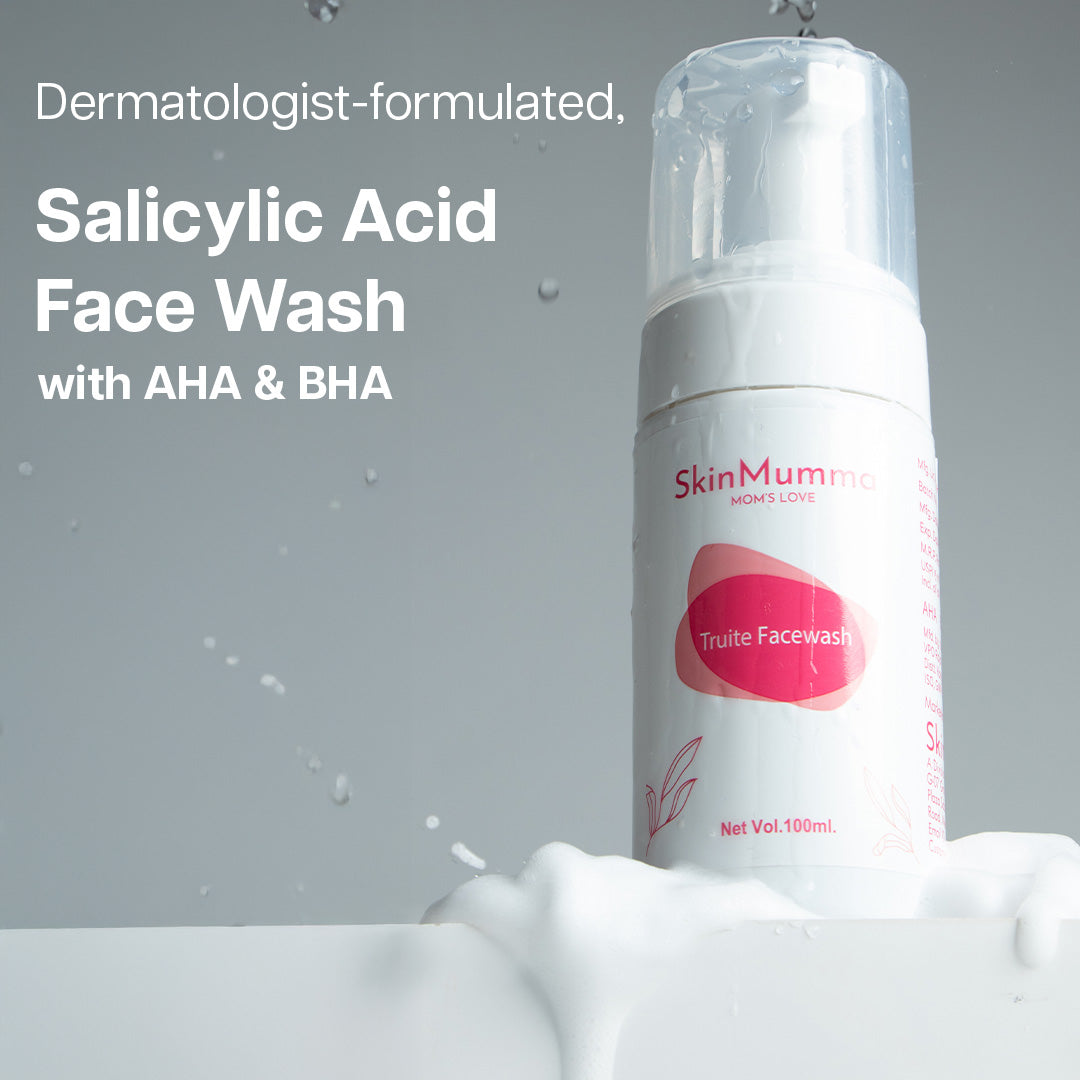
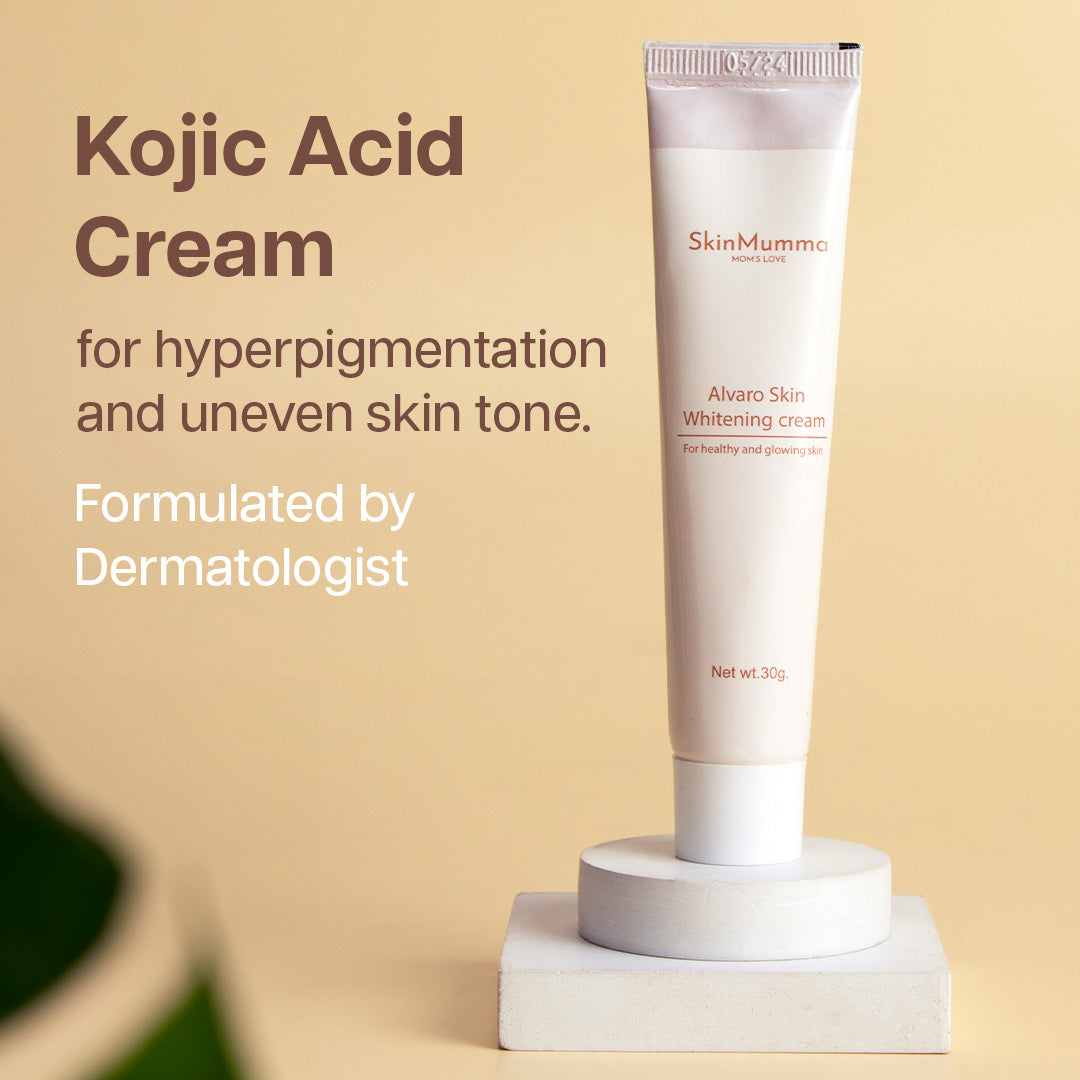
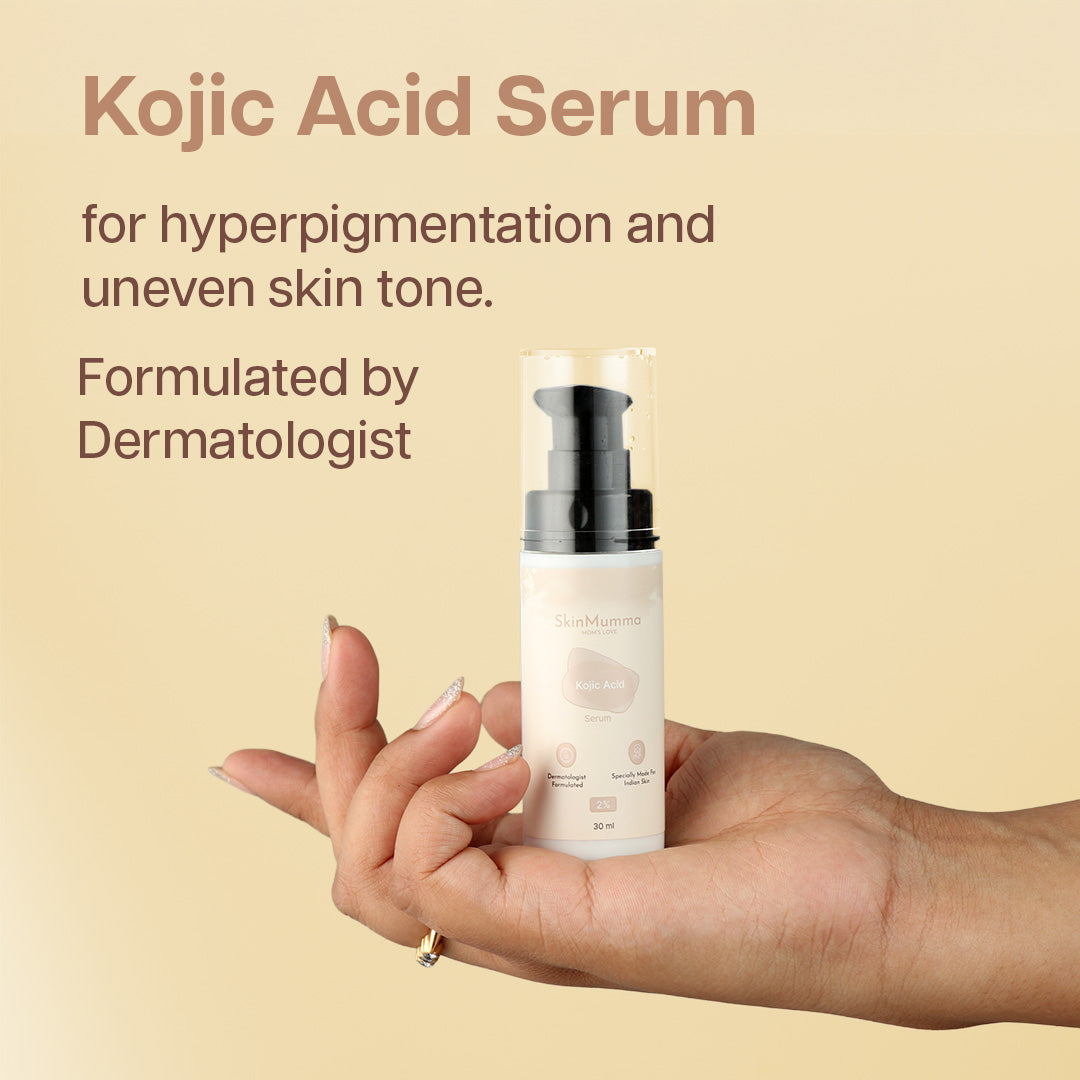
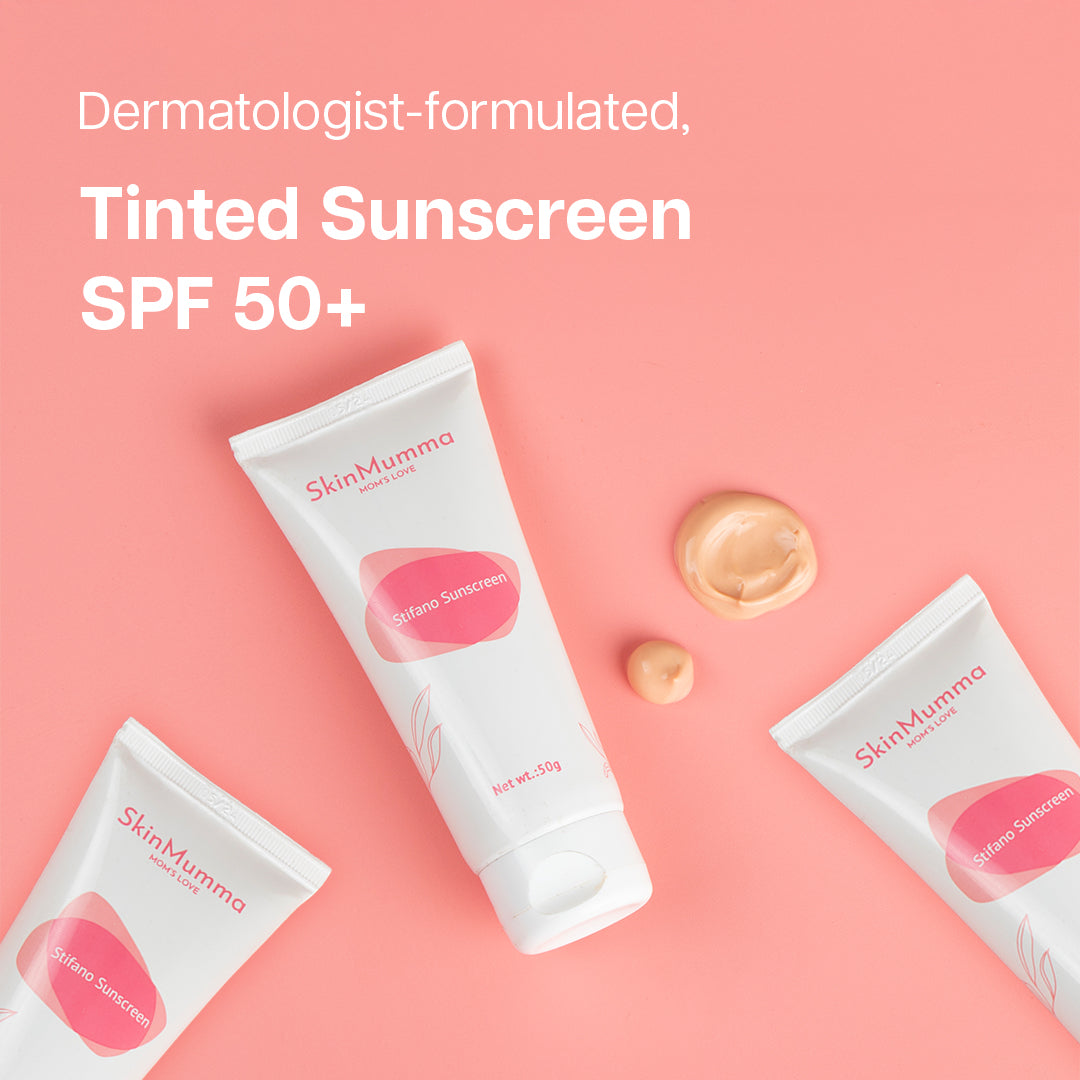
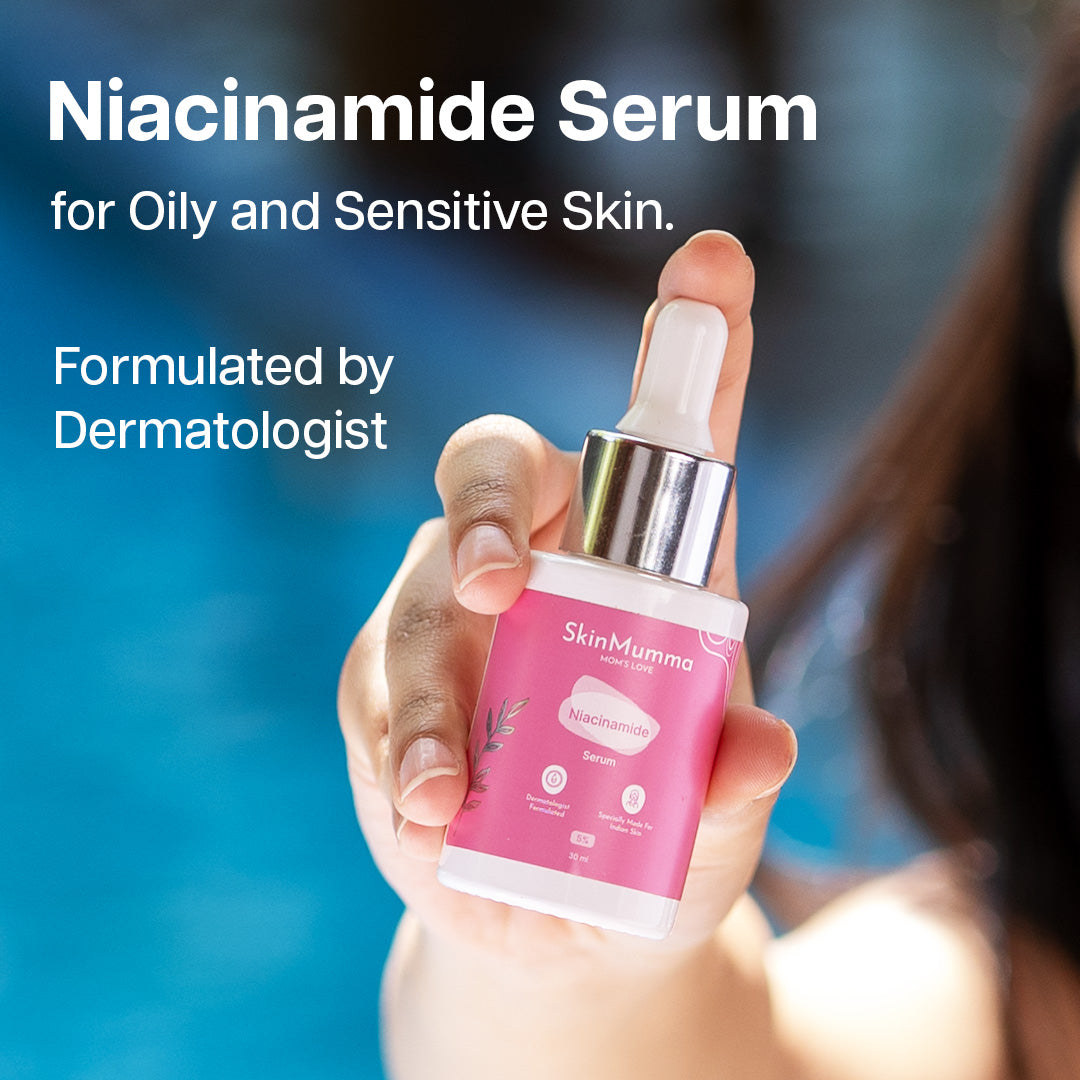
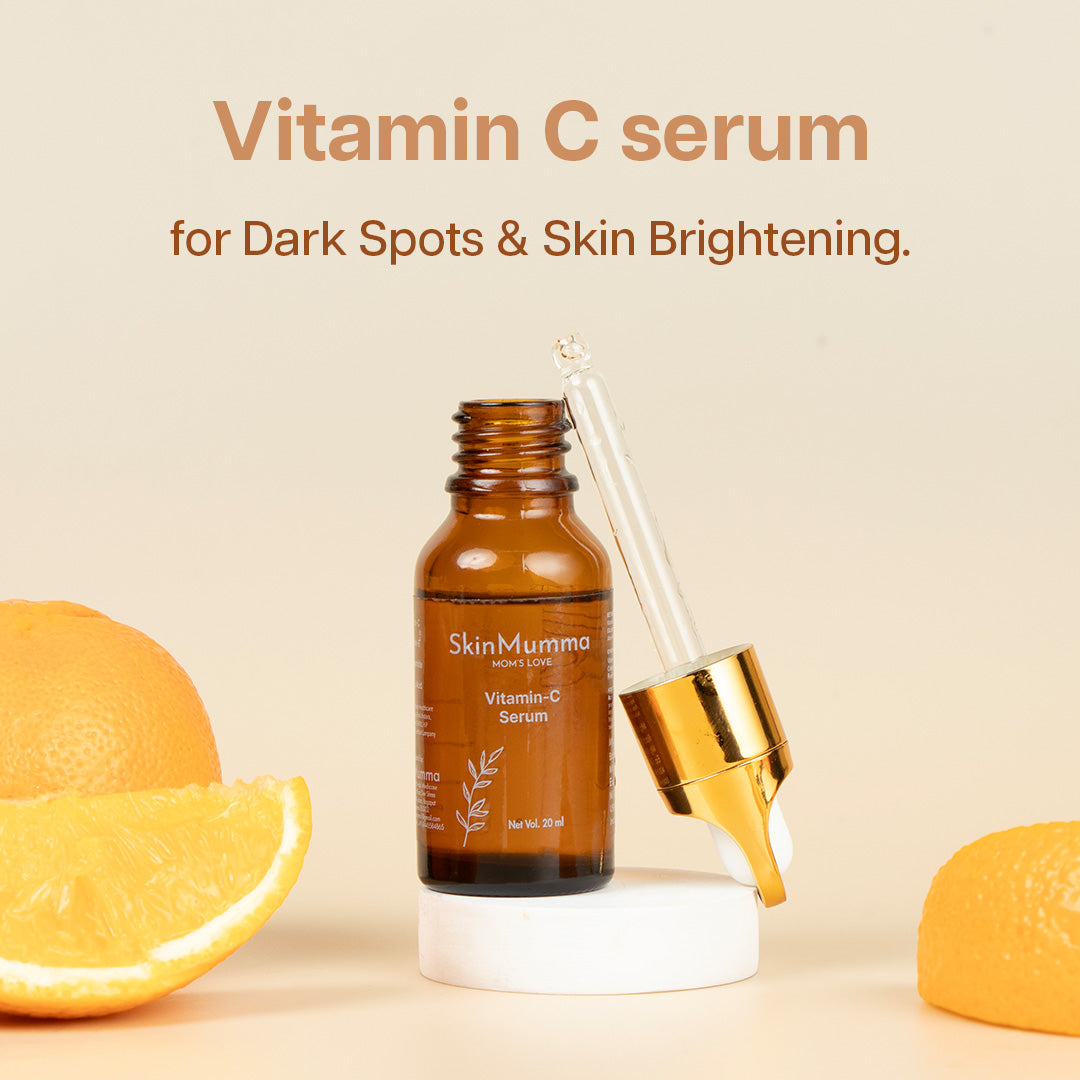




Dr Manisha Bindal is the senior dermatologist and laser skin expert with more than 25 yrs of experience in clinical practice. She has to her credit various advanced skin care procedures and Laser skin treatment protocols including chemical peels, fillers, threads and injections. You can trust the expert hands for any skin or hair related problems or any procedure if need be.